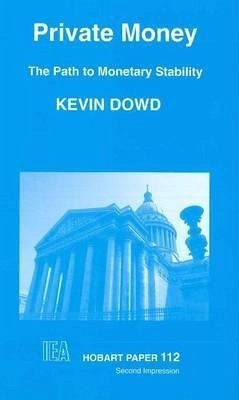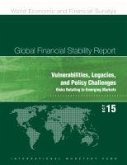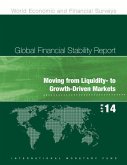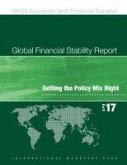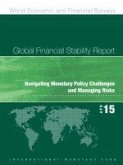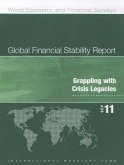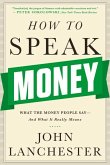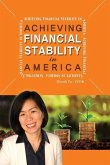Kevin Dowd explains how central banking and the monopoly issue of currency by government have politicised and greatly destabilised the banking system. The change from money backed by a commodity standard to fiat money has destroyed the mechanism by which price stability was earlier secured, and opened the way for an historically unprecedented inflation. The Bank of England and other central banks have a record of losses which is comparable to those of the worst managed nationalised trading companies. In contrast, the private issue of currency disciplines banks through competitive pressures, and there is no real danger that the currency will be debased by over-issue. Indeed the historical evidence indicates that private monetary systems, as in Scotland from 1728 to 1845, have been stable and successful. Monetary stability can be achieved through a competitive banking system. This requires complete financial deregulation, the abolition of the Bank of England, and a re-definition of the monetary standard in terms of a general commodity index.

